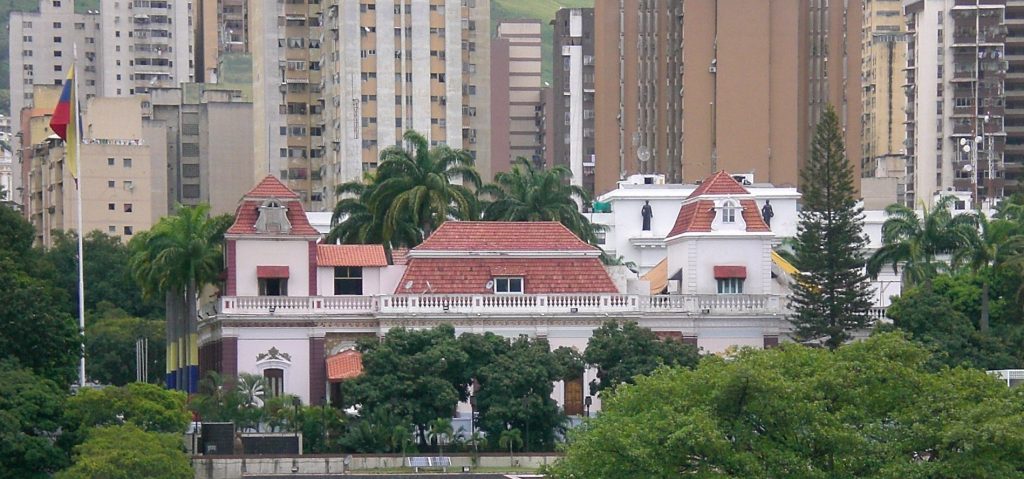RIO DE JANEIRO, BRAZIL – An examination of Venezuela’s diplomatic relations has shown that the acknowledgement of opposition politician and self-proclaimed interim president Juan Guaidó by more than 50 states does not generally extend beyond a symbolic level.
In most cases, relations at the embassy and consulate levels continue to be conducted with the incumbent socialist government under President Nicolás Maduro.

An article in the Venezuelan daily ‘Últimas Noticias’ compares the situation before January 2019, when attempts at a regime transition by the US and allied countries were coupled with the acknowledgement of Guaidó, with the current situation.
By 2019 Venezuela maintained diplomatic and/or consular representation in 90 of the 193 countries that make up the international community at the United Nations (UN). One year after a number of countries recognized the self-proclaimed opposition leader, the Venezuelan government maintains the same diplomatic and/or consular relations with 94.4 percent of these countries.
Relations can only be considered as broken with five of these 90 countries: The United States, Colombia, Costa Rica, Paraguay and, more recently, Bolivia following the change in power. These countries’ embassies and consulates on Venezuelan territory are closed, and Venezuela no longer has any active representations in these countries.
Otherwise, all consular departments, embassies and consulates general of Venezuela, which were in existence in 2019, should continue to operate. However, there have been demotions at embassies in some areas. The positions of ambassador are vacant and diplomatic contacts are conducted at a lower level.
The study’s author quotes an anecdote to illustrate that the international “acknowledgement” of Guaidó as Venezuela’s legitimate representative includes a great deal of “megaphone diplomacy” that distorts the true circumstances.
“There was an ambassador whom I asked: Who do you think is the president? And he replied: “The one who answers the telephone in the Miraflores [presidential palace],” says Eduardo Fernández, an opposition politician who spoke about the presidency of Nicolás Maduro in an interview with the Telesur journalist Madelein García.
In Germany, Orlando Maniglia Ferreira, appointed by the Maduro government, is still the ambassador, while Angela Merkel’s chancellery has also accepted a “personal representative” of Guaidó. A similar situation can be found in other countries where, despite the presence of Guaidó’s envoys, the diplomatic missions appointed by the Venezuelan Foreign Ministry are the only ones with political and territorial validity.
The vast majority of UN member countries continue to recognize Maduro’s government. This includes the permanent UN Security Council members China and the Russian Federation.

